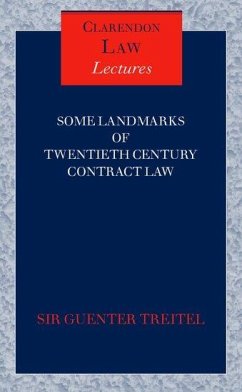
Expanding the Boundaries of Intellectual Property
Innovation Policy for the Knowledge Society
Herausgeber: Dreyfuss, Rochelle Cooper; First, Harry; Zimmerman, Diane Leenheer
Versandkostenfrei!
Versandfertig in 1-2 Wochen
209,99 €
inkl. MwSt.

PAYBACK Punkte
105 °P sammeln!
The question that these groups are debating is the subject of the next part: whether strong intellectual property rights, coupled with a high degree of transactional autonomy, promote innovation or chill interchange. One view is that the current legal regime should not be altered because it represents the right balance between the needs of information producers and the requirements of users. The contrary view is that stronger rights would allow potential collaborators to find one another, bargain for beneficial exchanges, and reallocate rights. The final sections explore the bases in constitutions, laws, and treaties for protecting the public domain. Four judges from the US federal courts and the UK high court then debate the practicalities of the frameworks proposed.
Many countries have already agreed to accept minimum standards of intellectual property protection and enforcement. But how much control should innovators exercise over their creative works or inventions? This new collection of essays analyzes and develops this issue, which has assumed considerable importance in our new knowledge-based economy.












